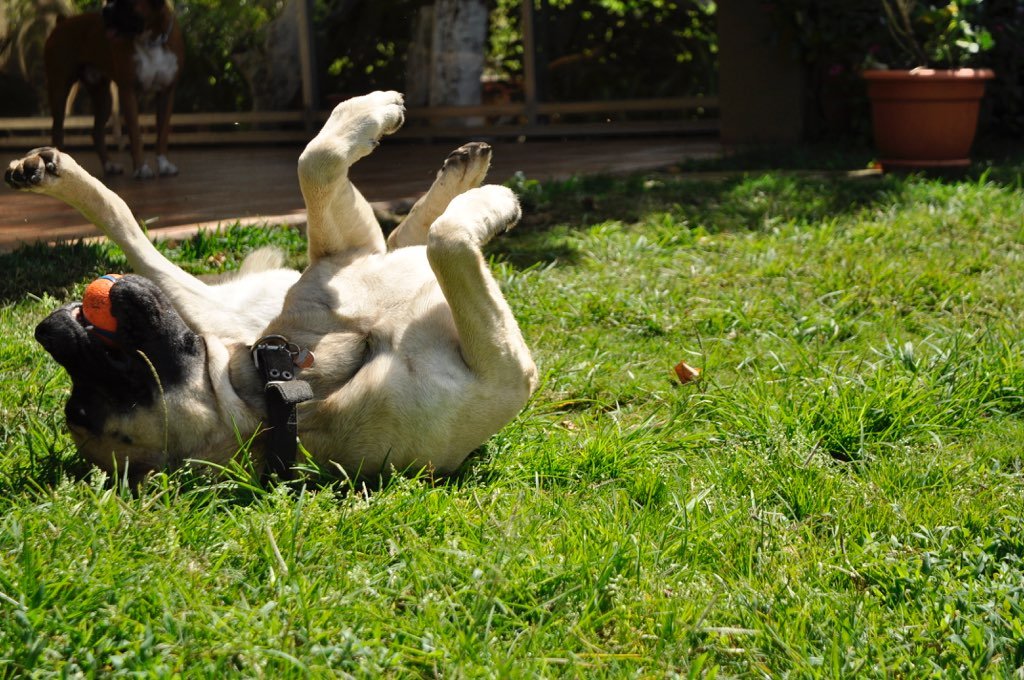When it comes to choosing a family pet, many people are drawn to the idea of having a dog that is both protective and gentle with children. English Mastiffs, with their imposing size and calm demeanor, often come to mind. But are they truly the gentle giants they appear to be? In this article, we will explore the nature of English Mastiffs and their compatibility with children, providing insights for those considering bringing one into their home.
The Gentle Giant: Understanding the English Mastiff’s Temperament
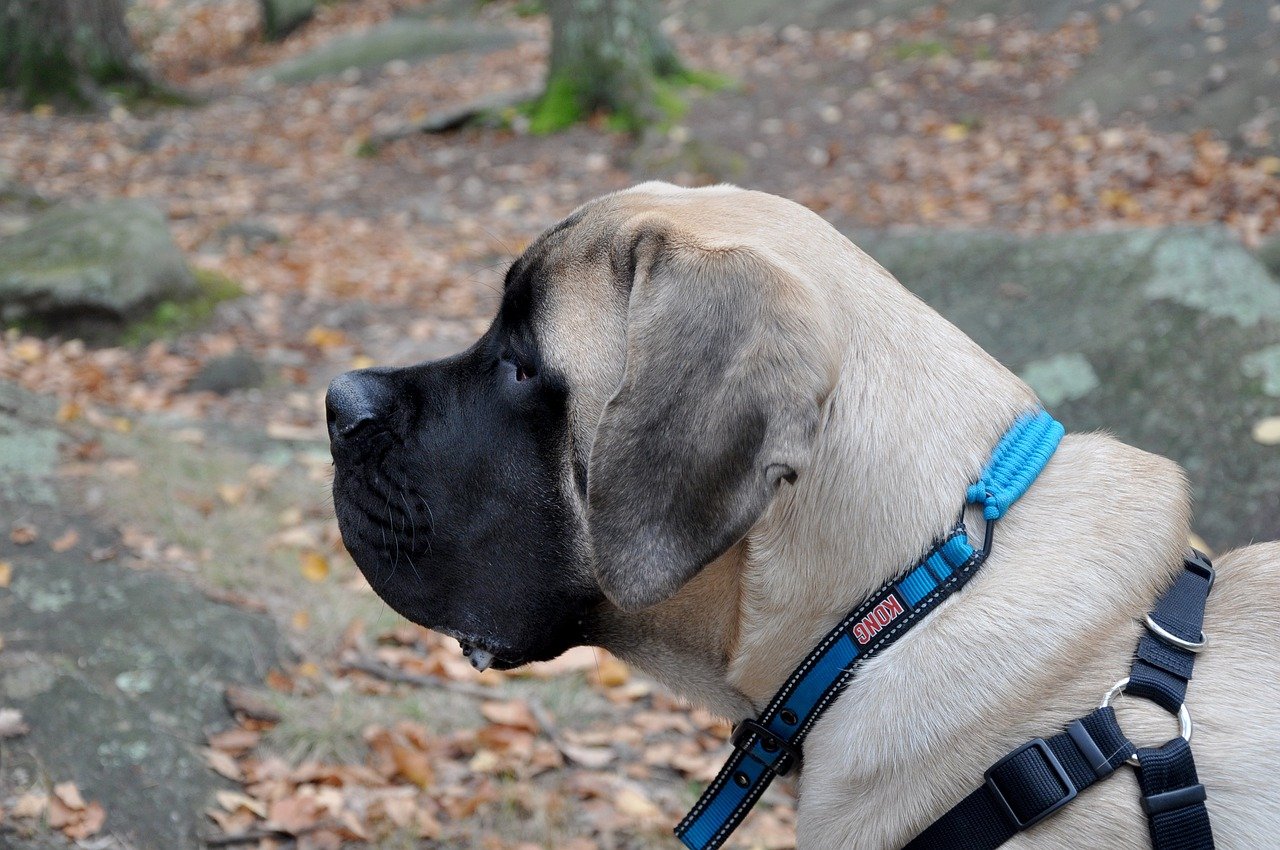
English Mastiffs are often referred to as “gentle giants” due to their massive size coupled with a surprisingly calm and docile nature. They are known for their loyalty and protective instincts, making them a popular choice for families. Despite their intimidating appearance, these dogs are typically very affectionate and enjoy being around their human companions. They are not known for being aggressive, which makes them an excellent choice for families with children.
However, like any dog breed, their temperament can vary based on individual personality and upbringing. Proper socialization from a young age is crucial to ensure that they develop a well-rounded and friendly disposition. Mastiffs are generally patient and tolerant, traits that are invaluable when living with young children who may not always understand a dog’s boundaries. English mastiff are the heroes of familied as well as a sentinel when really crisis arises, they are gem amongst dog breeds.
Size Matters: The Importance of Supervision

One of the most significant considerations when introducing a Mastiff to a family with children is their size. These dogs can weigh anywhere from 120 to 230 pounds, and their sheer size can be overwhelming, especially for small children. It’s important to supervise interactions between the dog and children to prevent any accidental injuries. Even the most gentle Mastiff might not realize its own strength and could unintentionally knock over a child.
Supervision is key to ensuring safe interactions. Teaching children how to properly approach and handle a large dog is essential. Encouraging gentle play and setting boundaries will help prevent any mishaps. With the right guidance, children can learn to respect their four-legged friend, fostering a strong and loving bond.
Training and Socialization: Building a Family-Friendly Companion
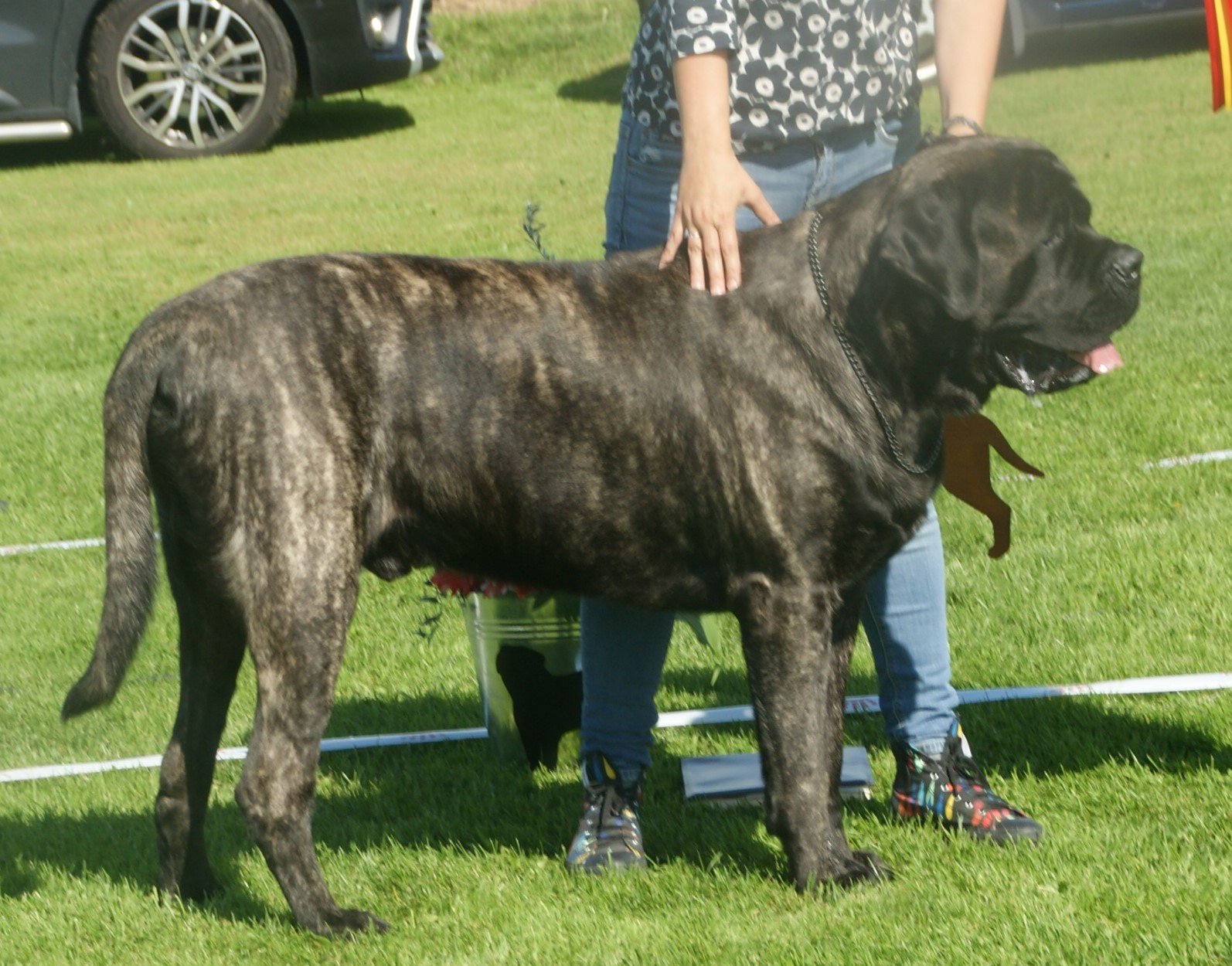
Training and socialization are vital components in raising a family-friendly English Mastiff. These dogs are intelligent and eager to please, making them relatively easy to train. Early training helps establish boundaries and ensures that the dog understands its role within the family dynamic. Basic commands such as “sit,” “stay,” and “leave it” are essential for maintaining control and safety.
Socialization is equally important and should begin as early as possible. Exposing your Mastiff to various environments, people, and other animals will help them become well-adjusted adults. A well-socialized Mastiff is more likely to remain calm and composed in different situations, making them a reliable companion for children.
Health Considerations: Ensuring a Happy and Healthy Life
English Mastiffs, like all breeds, have specific health considerations that potential owners should be aware of. Due to their size, they are prone to certain health issues such as hip dysplasia, heart problems, and obesity. Regular veterinary check-ups and a balanced diet are essential to keep them healthy and happy.
Exercise is also crucial for maintaining their physical and mental well-being. While they may not require as much exercise as more energetic breeds, regular walks and playtime are important. Keeping a Mastiff healthy ensures that they are more capable of enjoying a long life with their family, providing years of companionship and love.
Creating a Safe Environment: Preparing Your Home for a Mastiff
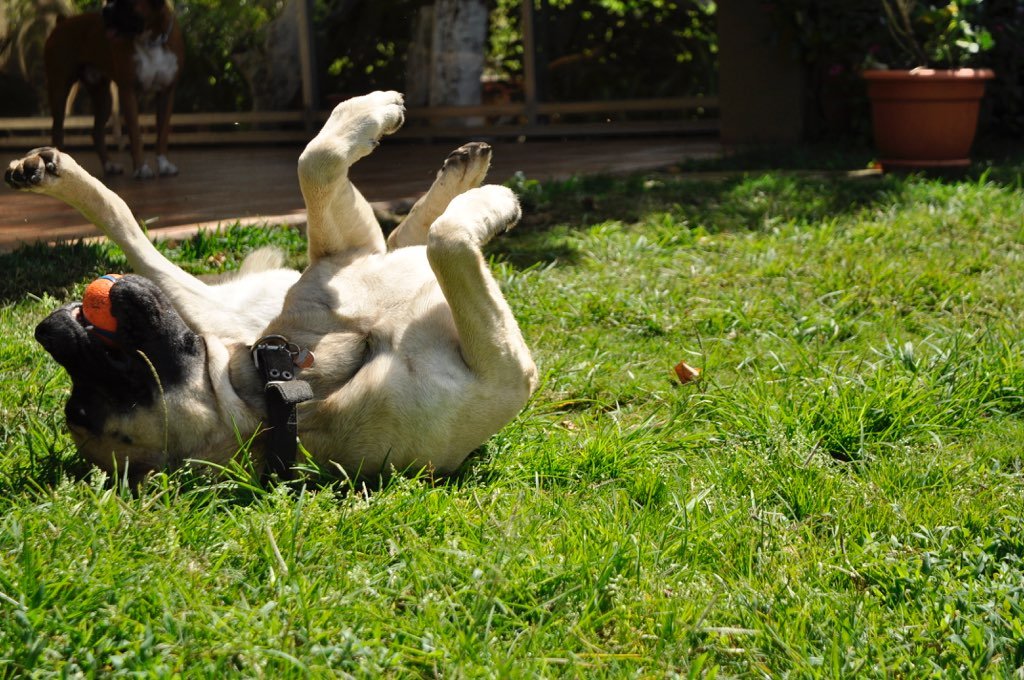
Preparing your home for a Mastiff involves creating a safe and comfortable environment for both the dog and your children. Due to their size, having ample space is important. A Mastiff needs room to move around without knocking over furniture or other objects. Child-proofing your home can also help prevent accidents, as both children and dogs are naturally curious.
Providing a designated space for your Mastiff, such as a comfortable bed or a quiet corner, gives them a place to retreat when they need some downtime. This space can be particularly important for maintaining peace in a busy household, allowing the dog to relax away from the hustle and bustle.
Building Bonds: Encouraging Positive Interactions
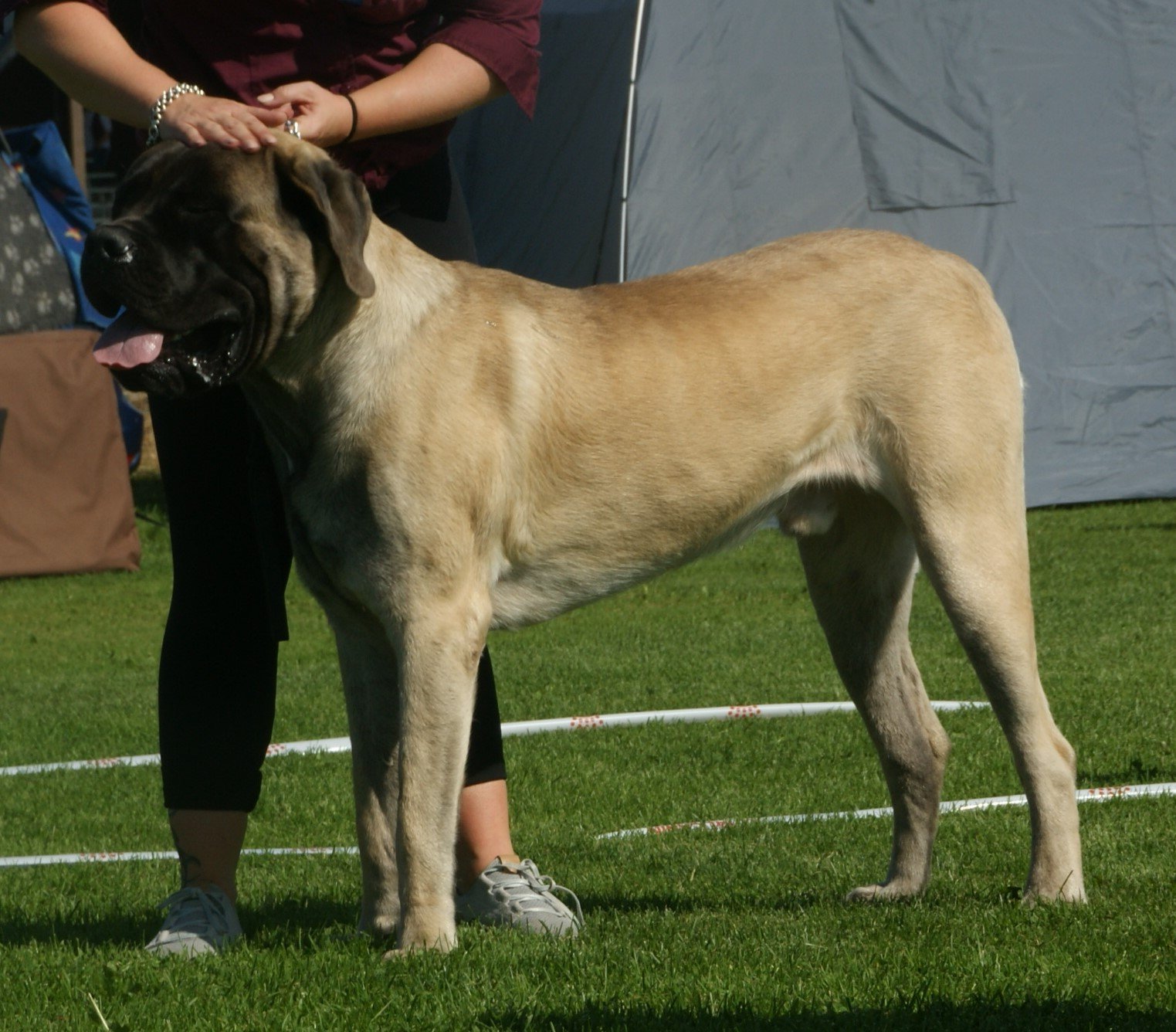
Encouraging positive interactions between your Mastiff and children is crucial for building strong bonds. This can be achieved through activities such as playing fetch, going for walks, or simply spending time together. Including children in the daily care of the dog, such as feeding and grooming, can also help foster responsibility and strengthen their relationship.
Teaching children to respect the dog’s space and needs is an important part of building a harmonious relationship. Encouraging gentle behavior and understanding the signs of stress or discomfort in the dog will help ensure that interactions remain positive and enjoyable for everyone involved.
Understanding the Protective Instincts of the Mastiff

English Mastiffs are known for their protective instincts, which can be both a blessing and a challenge. They are naturally inclined to protect their family, which can provide a sense of security. However, this protective nature can sometimes lead to over-guarding behaviors, especially if they perceive a threat to their loved ones.
Proper training can help manage these instincts, ensuring that the dog remains calm and controlled. Teaching your Mastiff to differentiate between a genuine threat and everyday occurrences is essential for preventing unnecessary aggression. With the right guidance, their protective instincts can be a valuable asset to the family.
Assessing Compatibility: Is a Mastiff Right for Your Family?
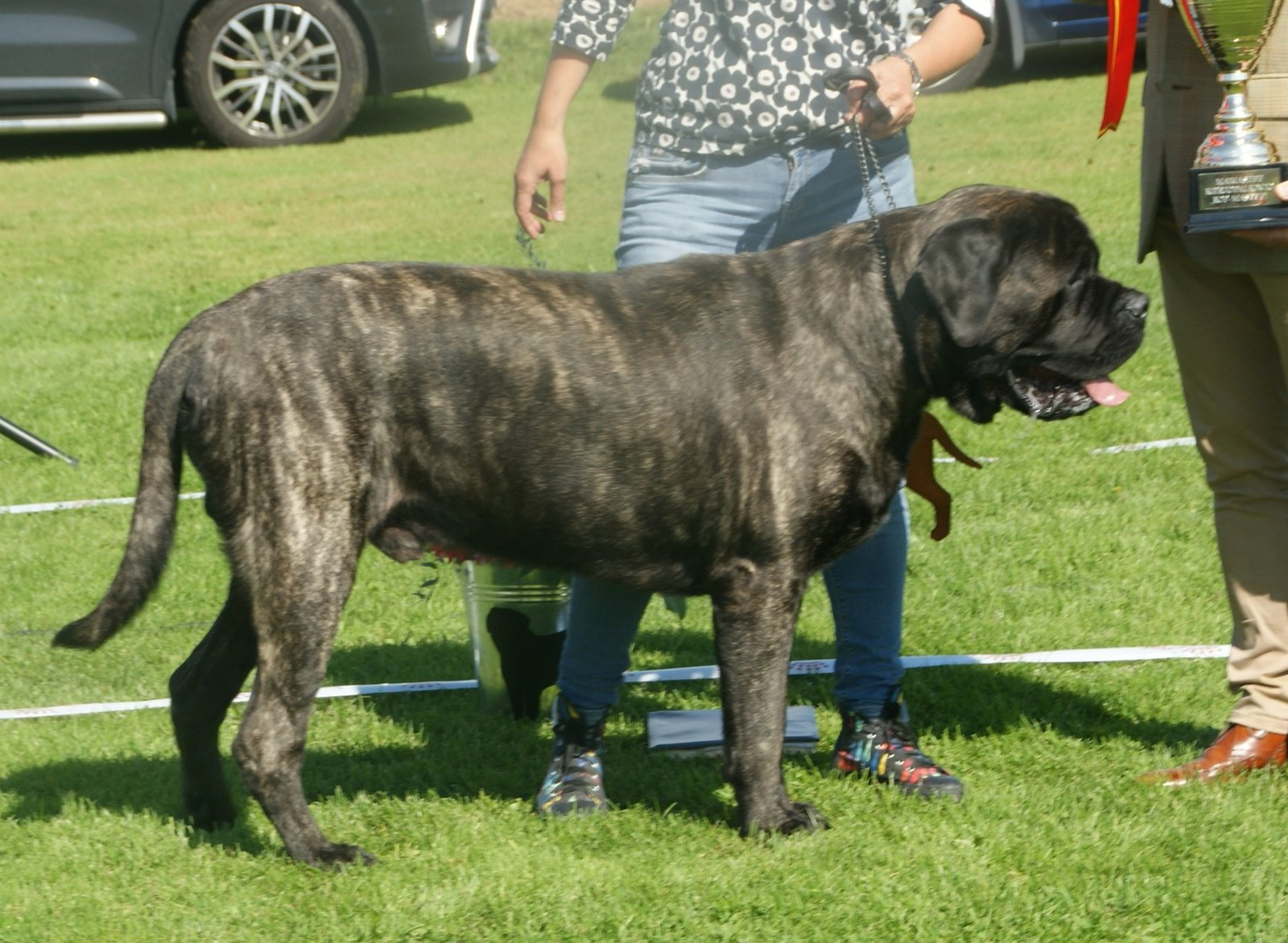
Deciding if an English Mastiff is the right fit for your family involves assessing your lifestyle and needs. These dogs thrive in environments where they can be part of the family and have ample space to roam. They require time, attention, and resources to ensure they are happy and healthy.
Consider the time commitment involved in training, exercising, and caring for a large dog. If you have young children, think about how their interactions will be managed and whether you have the capacity to supervise and guide them. A Mastiff can be a wonderful addition to a family that is prepared for the responsibilities that come with owning such a large and gentle breed.
In conclusion, English Mastiffs can be safe and gentle companions for families with children when properly trained and socialized. Their loving nature and protective instincts make them excellent family pets. However, their size and specific needs require careful consideration and commitment. With the right approach, a Mastiff can become a cherished member of the family, providing love and loyalty for years to come.

Andrew Alpin from India is the Brand Manager of Doggo digest. Andrew is an experienced content specialist and social media manager with a passion for writing. His forte includes health and wellness, Travel, Animals, and Nature. A nature nomad, Andrew is obsessed with mountains and loves high-altitude trekking. He has been on several Himalayan treks in India including the Everest Base Camp in Nepal.

